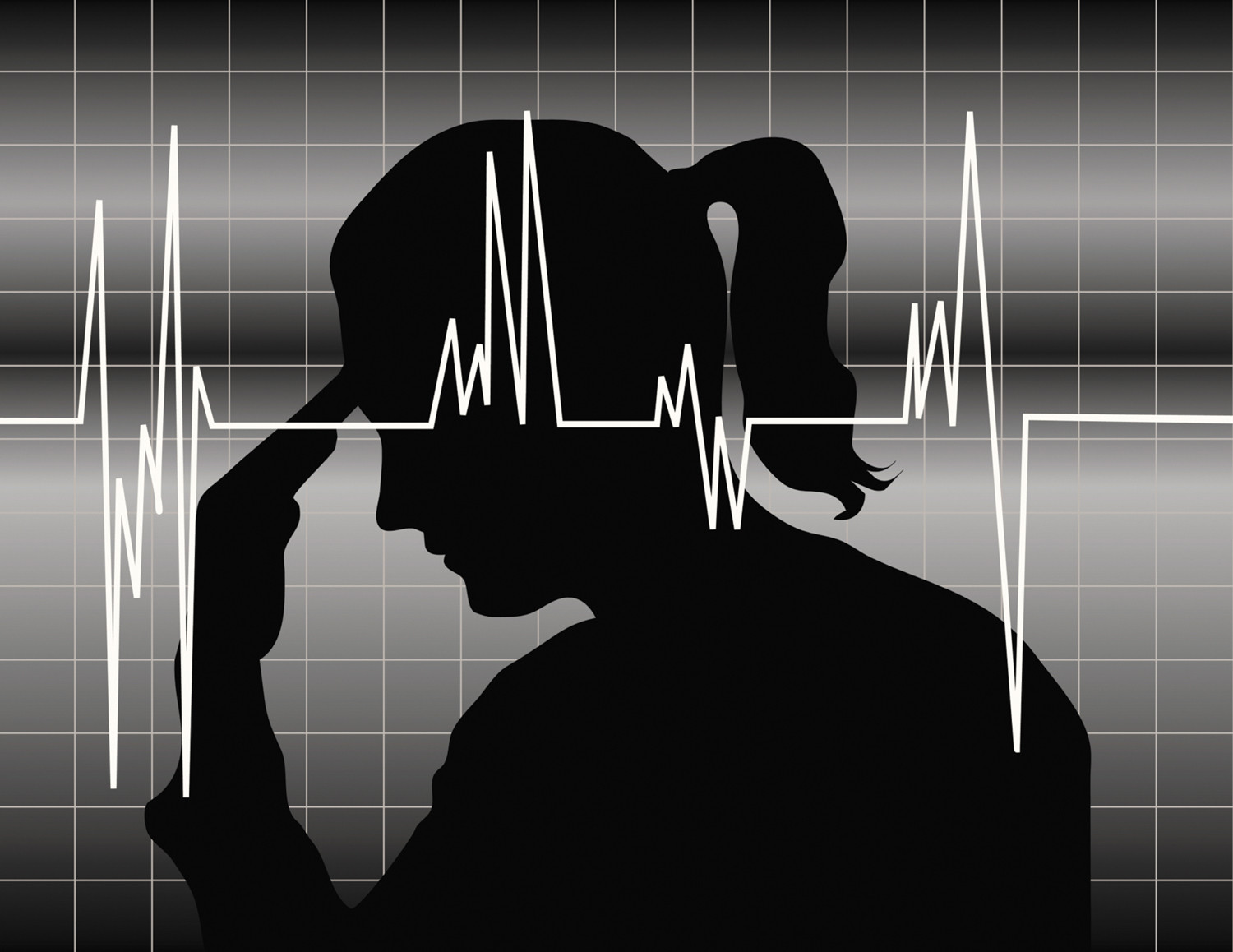
Can white noise really help you sleep better?

Celiac disease: Exploring four myths

What is prostatitis and how is it treated?

What is Cushing syndrome?

Exercises to relieve joint pain

Think your child has ADHD? What your pediatrician can do

Foam roller: Could you benefit from this massage tool?

Stepping up activity if winter slowed you down

Common causes of cloudy urine

Dragon fruit: How to enjoy this antioxidant-rich fruit
Stress Archive
Articles
How stress affects seniors, and how to manage it
Exercise, breathing techniques, and medication can help you manage stress as you get older.
Image: moldboard/Thinkstock
We all experience a little stress from time to time. It's not so hard to handle when we're young. But as we age, coping with stress isn't as easy anymore. "We tend to have less resilience to stress, and older adults often find that stress affects them differently now," says Dr. Michelle Dossett, an internal and integrative medicine specialist at the Benson-Henry Institute for Mind Body Medicine.
Changes in response
Changes in triggers
When you were younger, your stressors may have been a busy day at the office or a crying child. "Stressors that tend to affect seniors are the loss of a loved one; too much unstructured time on your hands; a change in relationships with children; or a loss of physical abilities, such as vision, hearing, balance, or mobility," says Dr. Dossett.
Symptoms of stress may include tension headaches, indigestion, heart palpitations, poor concentration, sleep difficulties, anxiety, irritability, crying, or overeating. If any of these symptoms are interfering with your quality of life, Dr. Dossett suggests that you seek help.
What you should do
How to stay motivated
Want to make a change but wondering how to stay motivated? Dr. Srini Pillay talks about the things that can impact personal motivation and the power of a sense of meaning to help you stick with your goals.
What men can gain from therapy
Men are often reluctant to seek therapy. After all, it involves asking for help and talking candidly about one’s emotions, two things that many men are eager to avoid. But men should know that there’s no need to “tough out” whatever they’re going through. There are plenty of professionals out there who are ready and willing to lend an ear.
Cardiac rehab: Even better with stress reduction
Cardiac rehabilitation—a supervised program to help people recover after a heart attack or heart surgery—may be more helpful if it includes stress reduction training, according to a study published online March 21 in the journal Circulation.
Researchers compared three groups of heart patients: people who did cardiac rehab for 12 weeks, those who did cardiac rehab plus stress reduction, and those who chose not to participate in cardiac rehab. The stress reduction group engaged in weekly, 1.5 hour-long sessions that included small group discussions and training in stress reduction, coping skills, and relaxation techniques.
New survey reveals the rapid rise of yoga — and why some people still haven’t tried it
A recently published study confirms what many of us have already observed: the popularity of yoga in the U.S. is exploding. More Americans now practice yoga than ever before — and they’re enjoying a range of health and wellness benefits associated with it. While there are still some negative perceptions of yoga that can discourage people from trying it, there’s a lot the yoga community can do to help them feel included.
Why conquering stress can help your heart
Learning to deal with stress can lower your risk for anxiety, depression, and cardiovascular disease.
The more we learn about women's hearts, the more we realize that they are different from men's. One of the most dramatic differences is a rare heart condition called takotsubo cardiomyopathy, or broken-heart syndrome, that is nine times more common in women than in men. It has been cited as evidence that sudden emotional stress can actually cause death in some women.
Like a heart attack, takotsubo cardiomyopathy strikes suddenly with symptoms such as chest pain and shortness of breath; however, it does not involve clogged arteries. Takotsubo cardiomyopathy is brought on by a surge of stress hormones that literally bend the heart out of shape. As a result, when the main pumping chamber of the heart (the left ventricle) contracts, it balloons out, so it can't eject blood into the arteries effectively.

Can white noise really help you sleep better?

Celiac disease: Exploring four myths

What is prostatitis and how is it treated?

What is Cushing syndrome?

Exercises to relieve joint pain

Think your child has ADHD? What your pediatrician can do

Foam roller: Could you benefit from this massage tool?

Stepping up activity if winter slowed you down

Common causes of cloudy urine

Dragon fruit: How to enjoy this antioxidant-rich fruit
Free Healthbeat Signup
Get the latest in health news delivered to your inbox!
Sign Up










